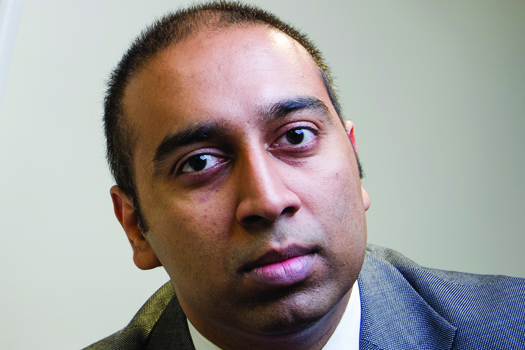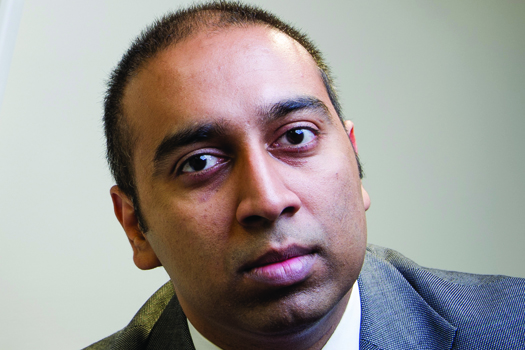
Around 88% of practices in England already work in some kind of network – like neighbourhoods, localities, federations or super-partnerships. So, why then, did we feel that investment to support working in primary care networks would support general practice, when the concept itself is not new?
Firstly, most practice collaboration happens with shoestring budgets and a miniscule level of non-recurrent funding, which means that these structures so far have only functioned due to the goodwill of general practice staff. That is simply not sustainable. To support general practice to work together, we needed a structure that is flexible enough for GP practices of all sizes to work together, but more importantly, it needs to be a sustainable packet of support.
Secondly, the way the PCNs have been incorporated into the core general practice contract will give the ownership of ‘working together’ back to GP practices. Whilst some cynics are unsure about the potential benefit of PCNs, it is important to state that PCNs are being built from the ground up. They are created via the GP contract and therefore will not go out to tender – they will not be offered to any other organisations except NHS GP practices. As a directed enhanced service, we do not need to worry about procurement and commissioning – creating a PCN is a right that has to be offered to NHS GP practices. If they choose not to take up this offer, then it will not be offered to other (private) organisations. Therefore, PCNs will be within the control of the GPs and practices that operate them.
We do not need to worry about procurement and commissioning – creating a PCN is a right that has to be offered to NHS GP practices
Practices will also have opportunities to collaborate with other local primary and community services as part of PCNs, and build relationships with voluntary, secondary and tertiary services. This gives GPs the opportunity to lead a renewed primary healthcare team. It is for the PCN themselves that decide who, when and how this collaboration happens with the interests of patients and their organisational and workforce resilience. The framework in which the PCNs operate should go some way to help alleviate workload pressures on practices, and allow GPs to concentrate on caring for our patients at a local community level. This can only happen with the support and backing of a robust national contract.
At the inaugural clinical directors conference on 5th June, Richard, Mark, Farah and I will be discussing the above with colleagues from all over the country. The conference, which we will host on an annual basis, will support CDs in understanding the challenges of leading the PCNs and supporting general practice at a local level. With support from LMC colleagues, GPDF and NHS England, the BMA will continue to be the voice of PCNs and support GPs and general practice going forward.
Dr Krishna Kasaraneni is GPC negotiator at the BMA and a GP in Sheffield
Pulse July survey
Take our July 2025 survey to potentially win £1.000 worth of tokens












